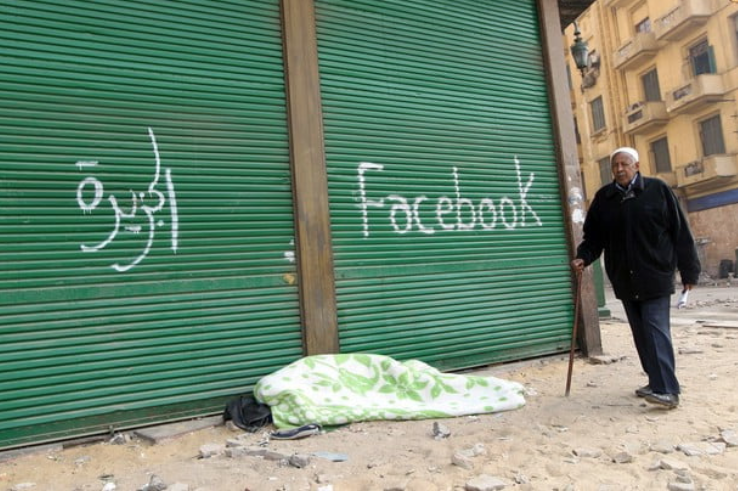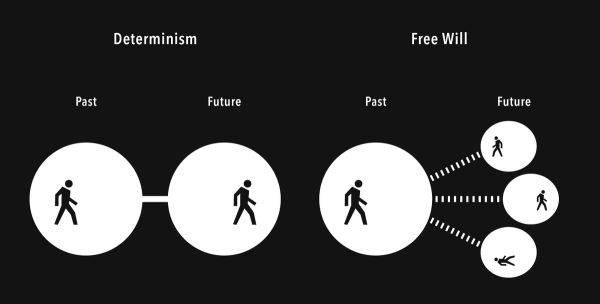Internet Access – a Universal Right?
In a recent article about Africa, I pointed out the need for transparency to overcome corruption in government. One of the most important tools for communication and establishing transparency is the internet, which can play a key role in combating corruption in Africa and around the world. Access to the internet and social media can help citizens share and receive news and other information and organize protests to demand change. For example, during the Arab Spring, the internet and especially social media played a huge role in the coordination of political activity that ultimately resulted in regime change. Facebook and Twitter were used to mobilize young protesters and encourage people to take to the streets in the struggle for freedom.
In the U.S. we take our access to the internet for granted. On a daily basis, stories and social media posts feed us information, and we have access to almost all the data we can think of. However, our experience is somewhat unique. In the last few weeks alone, there have been numerous internet shutdowns in developing countries, particularly in Africa and Asia. Documenting the internet shutdowns in Africa and Asia, the website Access Now reports at least 371 internet shutdowns by governments between 2016 and 2018. Most of those occurred as a result of protest against the state and many involved governments trying to control the information that reaches its citizens. Most recently, the government of Zimbabwe cut off the entire internet from their citizens on February 18th. This occurred amidst protests against the government’s increase in gas prices. In a country where people struggle for food and medicine, the doubling of gas prices delivered a hard blow to the citizens of Zimbabwe. By shutting down the internet, Zimbabwe’s government sought to control the news its people could receive and prevent them from organizing protests and sharing their struggle with the rest of the world using social media. This raises a big question as to whether or not a government should have the ability to completely halt its country’s internet access.
Internet shutdowns allow governments to have complete control over the information their citizens are exposed to and their ability to share information about the conditions in their country. The complete control of information via the internet gives governments too much power over their citizens, therefore preventing transparency and allowing corruption to persist. We need to be suspicious of governments looking to have this level of control over their citizens.
Additionally, as Americans, we need to be wary of our own access to the internet. In November of 2017, the Federal Communications Commission rolled back network neutrality laws, allowing internet service providers to potentially block certain sources of information and charge their customers for different tiers of internet access. The abolishment of net neutrality laws is a step in the wrong direction for free speech, free access to information, and the US. Although a complete internet shutdown in the United States seems very far fetched, I can see ourselves in a similar position in the future if the information wars continue.

Grade: 12
Years on Staff: 5
Why are you writing for The Flintridge Press? I am passionate about journalism and enjoy bringing stories of the...







